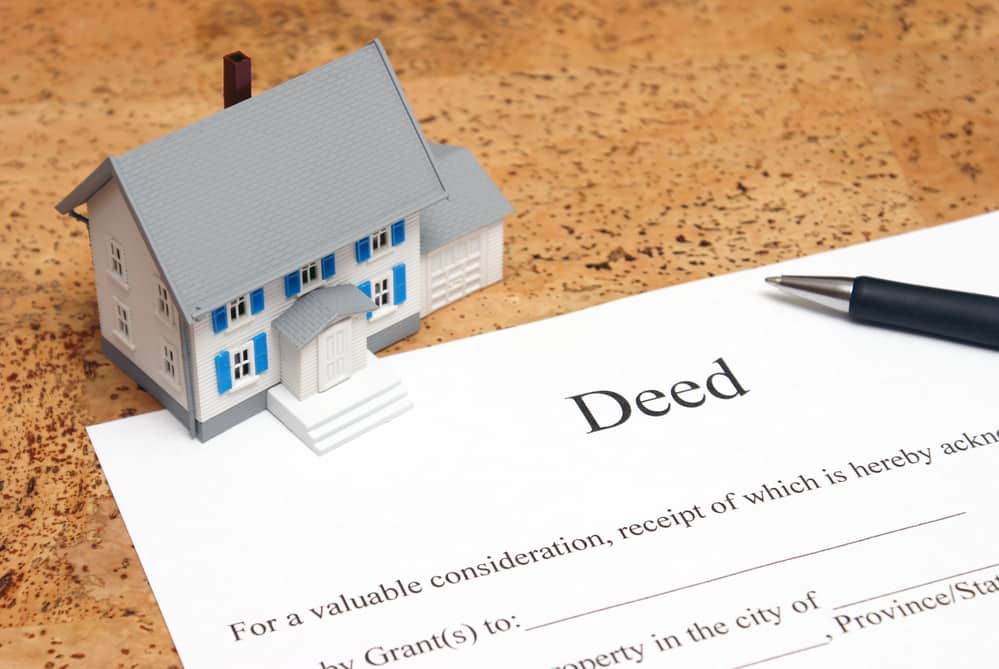The best part about owning a home is that it is a true generational asset. It is something that does not pass with you and can be inherited by your loved ones so that they would not have the trouble of having to buy their own homes somewhere along the line.
When you want to pass over ownership of a home to someone, the document that you would need to give that person is called a deed. Deeds are legally binding documents that prove ownership of a home and are something that you can even use as collateral if you want to take out a loan.
One of the most common types of deeds is a quitclaim deed, a type of deed that is more popular among family members. So what is a quitclaim deed more specifically? Here is everything you need to know.
Limited Protection
Even though quitclaim deeds are very popular, their use is quite limited because they provide the least protection from any other type of deed. This is highlighted by the fact that they have no warranty about the quality of the grantor’s title.
Stick With Deeds From Family and Friends
So because they make no warranty on the quality of the guarantor’s title, you can probably tell that these types of deeds are riskier. We mentioned earlier that these are better for the transfer of property between family members to the family members where there are no monetary reparations to worry about.
You would not have to worry about the quality of the guarantor’s title if you are family members that do not exactly have any reason to defraud one another of a home.
How They Stack Against Warranty Deeds
A quitclaim deed is very effective in conveying titles, much like a warranty deed does, if only the title of the grantor is good. As we mentioned earlier, only the lack of warranties makes them less attractive than warranty deeds. Should there be a flaw in the title, there is no way for the grantor to seek legal ramifications. If the grantor cannot guarantee that the title is good upon transfer. Because of this, it may not be the best idea to use quitclaim deeds when there is an outstanding mortgage on the property. You would not want to be paying off a loan based on a technicality.
There are some situations where a grantor can use quitclaim deeds even if the grantor himself has a mortgage. In these instances, the grantor is the one that remains liable for the mortgage when the ownership is transferred when the deed is executed.
Final Thoughts
Transfer of ownership of something can only be made through the use of a deed. A lot of elements must be presented in these documents for them to be fully executable. When choosing a type of deed, you have to consider the kind of protection that the act has or the availability of warranties for safety.
Quitclaim deeds offer very little protection for buyers at all but are relatively risk-free for family members, or if there is a defect on a title, you can also use quitclaim deeds to clarify these. Therefore, you should only use these deeds in instances where you want to give the house and not sell it. The good news is there are plenty of resources available for you to navigate these nuances because they can be rather complex. Find the right attorney or real estate professional and save yourself from the hassles of the technical aspects of transferring ownership of your home today!



